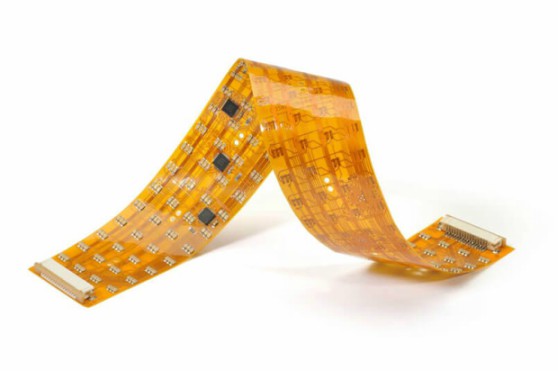Last Updated on April 12, 2019 by Sohail Qaisar
Purified protein quality is a standard that researchers want to maintain during the course of any experiment involving proteins. It is necessary for scientists to perform regular checks of their protein samples to verify their quality. However, not all proteins have the optimal qualities necessary for scientific research and errors can occur during the course of the procedure, resulting in lower protein quality overall.
What Factors Impact Protein Quality?
In protein expression and purification, it is important to invest time and equipment into monitoring the quality of the proteins in an experiment. If the proteins are of poor quality, the entire experiment can fail. Many factors can lead to poor quality or impure protein samples, such as preparation and storage conditions.
Researchers will need to monitor several factors within the experiment, such as pH levels, the buffer liquid, ionic concentration, storage temperature, and protein concentration. A few specific issues that researchers should watch out for include misfolding of the proteins, issues with the enzymes in the solution, and hydrolysis in the protein.
#1: Misfolding Within the Solution
Sometimes, proteins can move and develop in ways that are not beneficial to the researcher over the course of the experiment due to impurity and bad quality samples. They can aggregate, precipitate, and misfold out of the solution, leading to errors in the results. When researchers experience aggregation and degradation in their proteins, the substances do not behave naturally and do not have the same binding abilities as they would in their native state. By not monitoring protein quality, researchers can encounter several roadblocks during protein experiments.
#2: Enzymatic Issues
Enzymes are vital in many protein-based experiments and procedures. With a poor-quality protein sample, the enzymes in the experiment can be inactive or misfold. This will lead to failure in enzymatic assays. In addition, the researchers may encounter an inability to reproduce the experiment’s results. Researchers should examine the qualities of the enzymatic assays prior to beginning the experimental procedure.
#3: Hydrolysis in the Proteins
Hydrolysis occurs when a compound breaks down when it comes into contact with water due to chemical reaction. This process can completely break down a protein into multiple substances that provide no benefit to the proteins. Scientists can lose functional tags and other important qualities. While agents are available to reduce this degradation and the risk of hydrolysis, scientists should assess the protein’s risk of hydrolysis whenever an aqueous solution is involved in the experiment or storage.
Tips for Maintaining Protein Quality
How can scientists maintain and evaluate protein purity and quality, avoiding the issues listed above? There are several techniques researchers can employ, reducing the cost of failed experiments and saving significant time and headaches later on in the procedure.
- Researchers can measure the concentration of the protein sample through certain procedures. UV-Vis spectrophotometry, Bradford assays, and enzymatic activity assays are a few procedures that scientists can undertake to assess protein quality.
- For an analysis of the size of the protein and the presence of any impurities, researchers can use electrophoresis to analyze the substance.
- Another powerful analytical technique that can help determine any issues with a protein is mass spectrometry. Using this procedure, scientists can visualize modifications in the protein with great precision.
Scientists should invest time and equipment for maintaining and evaluating their protein quality. With these checks in place, they can avoid significant setbacks and the need to completely redo lengthy, complicated procedures.


